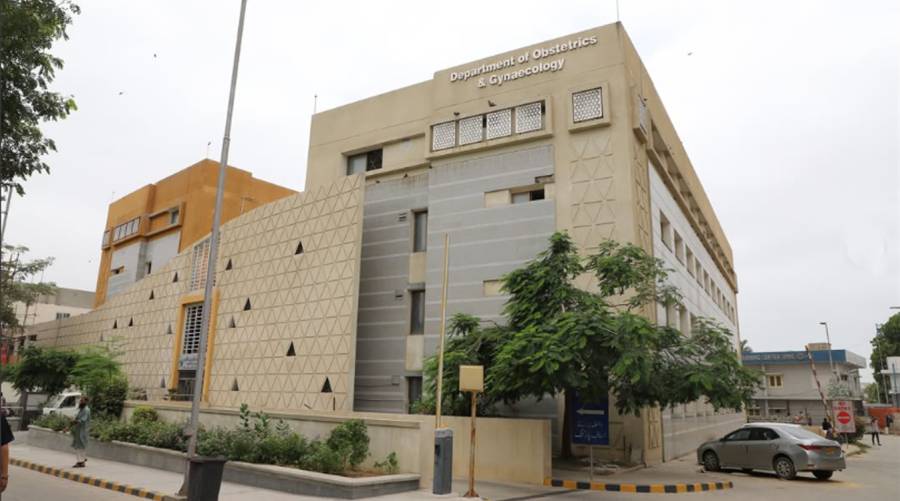A delegation from the National Commission for Human Rights (NCHR) visited Jinnah Postgraduate Medical Centre (JPMC) and reported severe staff shortages, recommending the recruitment of 3,000 new clinical and support personnel to match the centre’s expanded capacity and service requirements.
Shortfall Impacts Critical Care and Bed Utilization
JPMC, now a 2,200- to 4,041-bed facility, operates well beyond its current staffing strength. A parallel review by Sindh’s CM and internal audits revealed large discrepancies: while bed capacity sharply rose, permanent staffing declined, with only 509 clinical staff and 37 senior specialists serving in a centre that now needs healthcare workers for ICU and critical departments.
Ventilators and Equipment Rendered Useless Without Staff
A related audit found 28 ventilators inoperable across key ICUs due to a lack of trained medical and paramedical staff. Multiple ICU wards including medical, surgical, neurotrauma, and general remain severely understaffed, with dangerously low nurse-to-patient ratios that prevent quality care delivery.
Court Stays and Internal Politics Exacerbate the Crisis
In January, Sindh’s Chief Minister acknowledged that stay orders on hiring 2,025 contractual staff, linked to court cases and internal administrative disputes, have contributed to the severe shortage. Ongoing legal barriers and administrative delays continue to stall critical hiring drives.
Faculty Cadre and Governance Structure Under Strain
JPMC’s transfer to provincial management has complicated faculty appointments. With no permanent full-time hiring possible, the hospital relies heavily on a university-linked faculty model via JSMU. Still, many key specialist roles remain unfilled, increasing workload for existing staff.
Budget Allocation Lags Behind Bed Capacity
Despite growing to over 2,200 beds, JPMC’s funding remains aligned with its former 1,100-bed scale. Hospital officials estimate the budget should nearly double to Rs8 billion annually to meet current staffing, equipment, medicine, and operational costs.
Executive Leadership and Oversight Under Review
Hospital leadership is currently under a 13-member oversight committee chaired by the Sindh CM. The committee is tasked with improving human resources, restoring monthly hiring, and relieving political and judicial obstacles that block essential appointments.
Plans for Hiring, Training, and AI Integration
To address staff shortages, a plan has been floated to recruit 3,000 doctors, nurses, and technicians, upgrade ICUs, deploy AI-based imaging and care systems, expand postgraduate seats, and revamp infrastructure including a dedicated medicine warehouse and a parking plaza.
Governance Disputes Delay Critical Services
Administrative friction between federal and provincial authorities especially around roles like Executive Director—has stalled decision-making. Hospital leadership has emphasized that such conflicts directly affect patient care by delaying recruitment and resource allocation.
Public Confidence and Patient Safety at Stake
Understaffing has compromised ICU care, slowed emergency response, and hindered use of critical medical technology. Medical professionals warn the crisis might escalate avoidable mortality and damage JPMC’s reputation as a leading tertiary care provider.
Next Steps: Recruitment Target, Legal Resolution, and Budget Review
The NCHR’s report and Sindh government directives have prompted plans for the immediate hiring of 3,000 staff, fast-track resolution of hiring freezes, budget augmentation, and emergency deployment of ventilators and other medical machinery. Progress reports and oversight updates will follow in upcoming provincial health reviews.



Comments (0)
No comments yet. Be the first to comment!
Leave a Comment